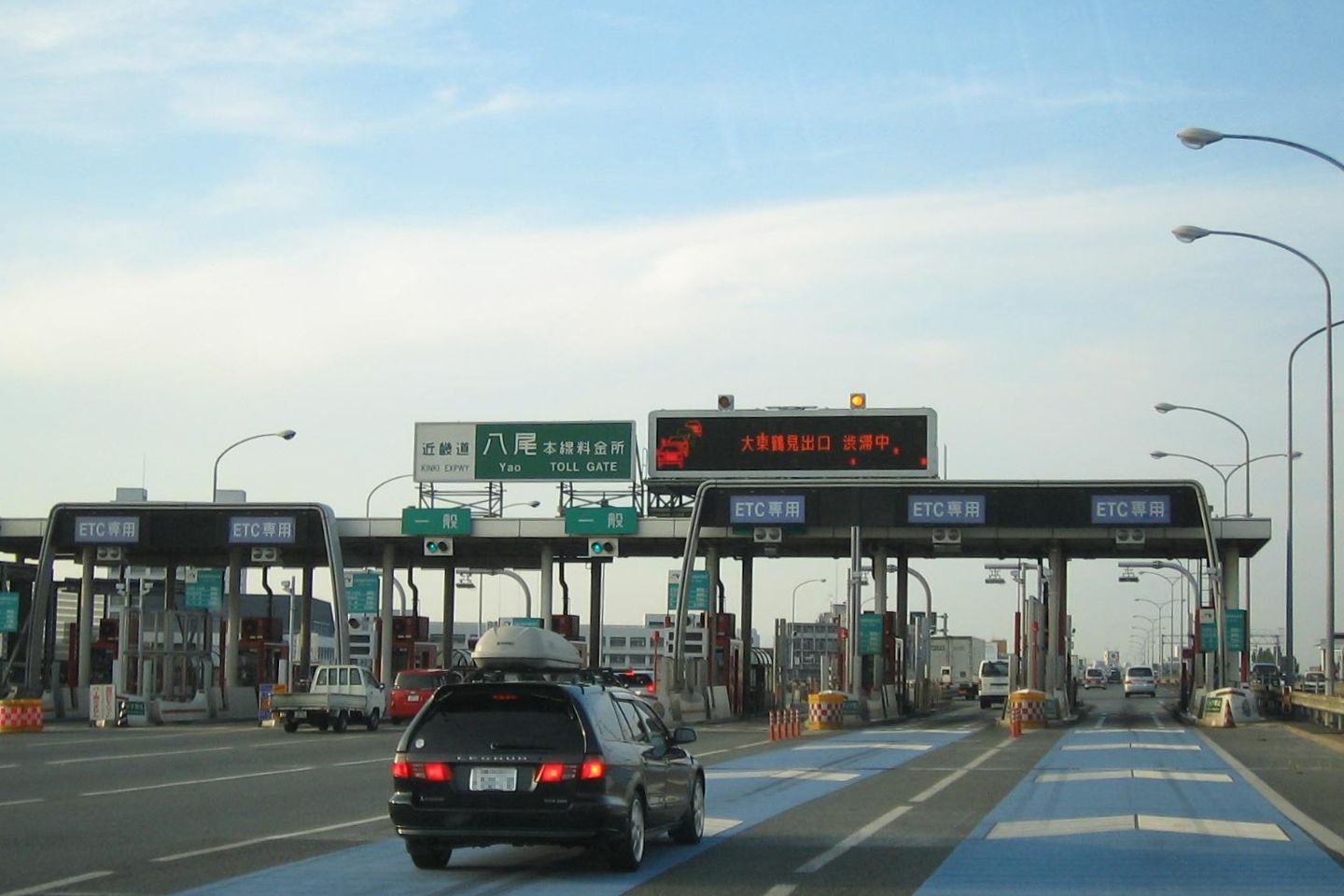Loopholes and deal making threaten net neutrality globally


Net neutrality was an arcane subject in the tech press until recently. A U.S. Federal court case and Netflix’s deal with Comcast have shown a light onto the nexus of government policy and how the Internet serves people and businesses.
What’s really at stake is the principle that all Web traffic should be treated equally as it passes through different Internet service providers. Consumers should care because it affects their freedom to choose applications and services. An ISP could add surcharges for non-preferred traffic or slow it down without neutrality.
A world without net neutrality is a world where an ISP could discriminate against services that it doesn’t own or at least receive a decent cut of the revenue from. Those conditions create barriers to entry and slow down the pace of innovation. It’s not unimaginable that a Netflix might not exist if it weren’t for net neutrality.
That’s also true for innumerable other companies and new technologies that have generated economic growth throughout the world. An Internet where ISPs exert extreme control is concerning to leading experts, including “Father of the Internet” Vint Cerf, who had urged absolute net neutrality (until joining Google).
A steady erosion
There’s an erosion of net neutrality – nearly everywhere – no matter how evident its benefits have been over the past four decades that it has been enforced. There are several significant examples of its dilution that are worth exploring.
Chile adopted the world’s first net neutrality law.
However, it’s pretty vague in some key areas. “While enforcing transparency provisions in Chile have been relatively simple, assuring the lack of arbitrary discrimination has proven to be a complicated process,” said Francisco Vera Hott, advocacy director of Derechos Digitales. Some issues are:
· There is no clear definition for “arbitrary discrimination,” so routine traffic management could become something much more nefarious.
· Other vague definitions are “lawful content” and “traffic management.”
“The publicized Comcast-Netflix agreement would be on the edge of what is acceptable under the Chilean NetNeutrality law, since an agreement to pay for traffic privileges or to avoid less favorable treatment can be portrayed as arbitrary discrimination, or the desperate answer to ISP "blackmailing". Traffic privileges is not the same as traffic management,” Vera Hott said.
A bill of goods
The European Commission has proposed safeguards to net neutrality, but eagerness to push the legislation may be allowing for some major loopholes, said Janneke Slöetjes of Bits of Freedom, a net neutrality advocacy organization.
· The first loophole creates a carve-out for “specialized services” that would allow Comcast-type deals where OTT providers pay for quality of service.
· The second applied net neutrality to only “contractually agreed data volumes or speeds for internet access services.” – “Outside of such contracts, telco's are free to enter into agreements with content providers,” Slöetjes explained.
· An EU law could overturn consumer protections in member nations.
“So, while the proposal does a bad job at guaranteeing net neutrality it is even worse to see that the European Parliament does not seem to grasp the potential damage of this,” Slöetjes said. “MEPs are in campaign mode and many of them appear happy to vote for anything that appears to be citizen-friendly.”
From sea to shining sea
Regulators in the United States have been working to strengthen net neutrality in the wake of a ruling that overturned the FCC’s ability to demand it for wireless. It’s still very possible that carve outs could arise – telecom is a powerful lobby.
Some industry watchers have observed that Comcast’s deal to provide Netflix with a standard quality of service makes net neutrality obsolete. The genie is already out of the bottle so-to-speak. The U.S. lacks any strong law to protect it.
“What I say is that is Chile is ahead of the U.S. because there is a Law addressing net neutrality, which has some loopholes but is better to have some loopholes (is really hard to get legislation without such issues) than to don't have any clear regulation on the issue,” Vera Hott said.
This post was originally published on Smartplanet.com